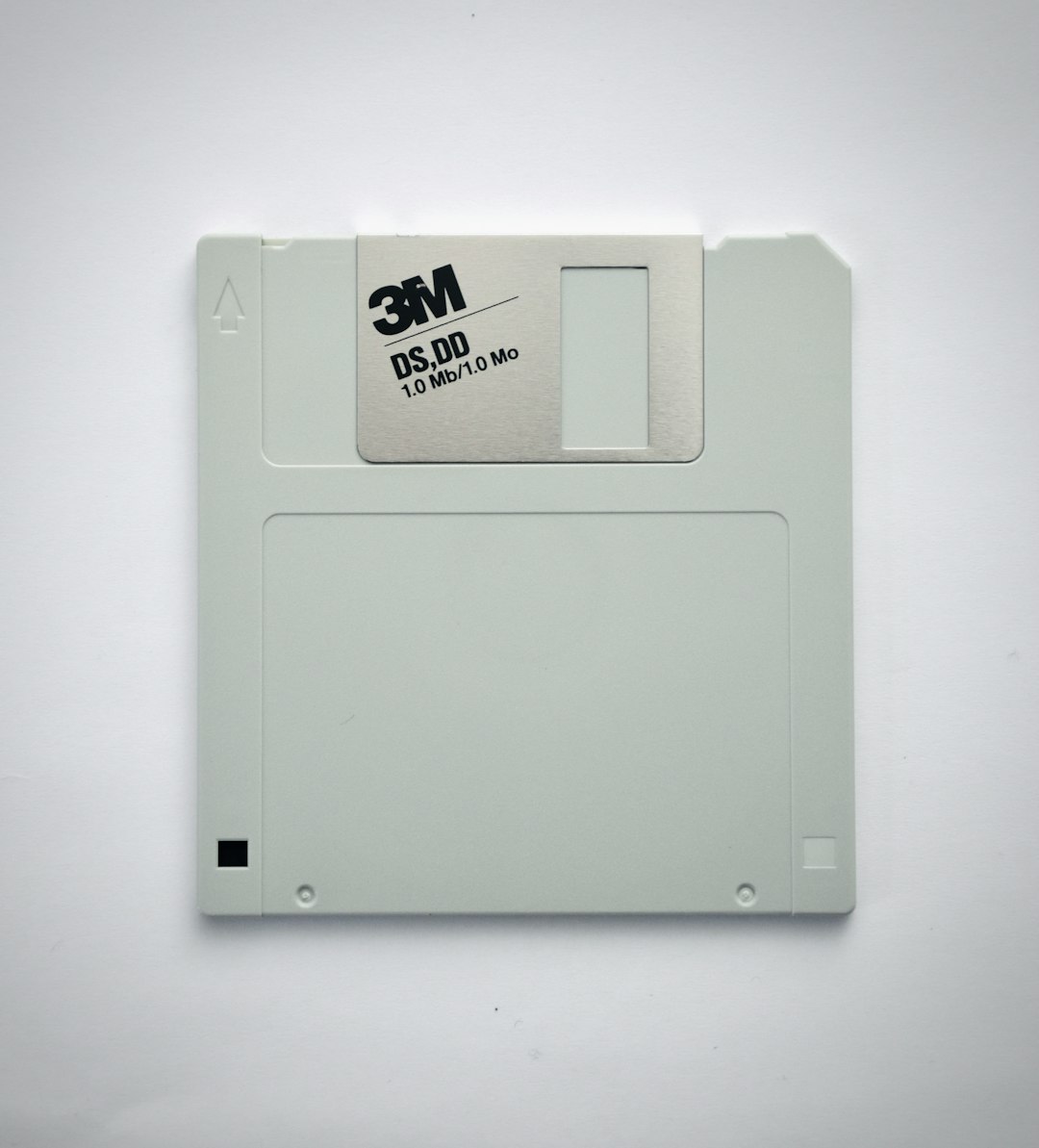Storing files in the cloud is easy. But keeping them safe? That’s another story. If you’re using AWS S3 (Amazon Web Services Simple Storage Service), you know how powerful it is. You can store huge amounts of data and access it from anywhere. But—here’s the problem—not all files are safe. Some could be dangerous. That’s why adding an antivirus solution is super important.
In this article, we’ll explore how you can protect your files with antivirus tools for AWS S3. We’ll keep it simple, fun, and packed with useful tips. Let’s dive in!
Why Do You Need Antivirus for AWS S3?
Think of S3 like a giant warehouse for your files. Anyone can drop in an object (aka a file), and not all of them are friendly. There could be:
- Viruses
- Malware
- Ransomware
- Spyware
These threats can cause big problems. Especially if you’re storing customers’ data or running file-sharing platforms. That’s why scanning files in S3 is a smart move.

How Antivirus Integration Works
You can’t run antivirus software directly inside S3. It’s just a storage system. But here’s the trick—you connect it with smart tools that do the scanning for you.
Here’s a simplified version of how it works:
- A file is uploaded to your S3 bucket.
- The antivirus tool detects this and starts scanning.
- If the file is safe, it’s marked as “clean.”
- If it has a virus, it’s blocked, deleted, or quarantined.
This all happens automatically. Cool, right?
Top Antivirus Tools for AWS S3
Let’s take a look at some awesome antivirus tools you can use right now. They work great in the U.S. and play nicely with AWS services.
1. ClamAV (with Lambda)
ClamAV is a free, open-source antivirus engine. It’s popular among developers who like building custom stuff.
To use ClamAV with S3, you usually create an AWS Lambda function that triggers when a file is uploaded. Then, Lambda runs ClamAV and scans the file.
Pros:
- Free to use
- Customizable
- Good for developers
Cons:
- Requires coding
- Needs maintenance
- Updates not automatic
2. VirusTotal API
VirusTotal isn’t technically antivirus software. It’s an online scanning service that uses lots of antivirus engines at once.
You can use its API to scan files uploaded to S3. Just send the file to VirusTotal for scanning and get the results back.
Pros:
- Multiple engines check your file
- Simple API
- Good for threat analysis
Cons:
- Files are uploaded externally (privacy may be a concern)
- Not real-time for large files
3. S3 Antivirus by Cloud Storage Security
This is a ready-made solution made specifically for AWS S3. It’s made by Cloud Storage Security and built for businesses.
It scans files automatically as they’re uploaded and keeps logs of all its actions. It uses big antivirus engines like Sophos and McAfee.

Pros:
- Works out of the box
- Automatic updates
- Built for compliance (HIPAA, GDPR)
Cons:
- Monthly fees
- Not as customizable as do-it-yourself options
4. Trend Micro Cloud One – File Storage Security
Trend Micro is a big name in the security world. This tool is part of their Cloud One platform and made for automatically protecting cloud storage.
It integrates with AWS easily and supports continuous updates.
Pros:
- Strong protection with industry-grade engines
- Real-time scanning
- Scales well
Cons:
- Pricing can be confusing
- More features than you might need
Bonus: Setting Up Scanning with a Lambda Function
If you’re feeling adventurous, you can build your own scanner using AWS Lambda and ClamAV. Here’s the basic idea:
- File uploads to S3 bucket
- S3 triggers a Lambda function
- Lambda downloads the file
- Lambda runs ClamAV scan
- Logs detection results (and deletes infected files)
You’ll also need to make sure you keep ClamAV updated. Signatures must be fresh to catch new threats.
Tips and Best Practices
Here are some smart tips for keeping your S3 buckets clean and secure:
- Always scan files on upload
- Set up alerts for infections
- Encrypt files during transmission and while stored
- Limit public access using S3 permissions
- Schedule regular scans of your buckets
Bonus points if you combine your antivirus tool with logging, auditing, and alerting tools like CloudTrail and CloudWatch.
Cost Considerations
Some tools are free, like ClamAV. But remember, time is money. Setting up and managing ClamAV takes effort. Premium tools like Cloud Storage Security cost more but save time and headaches.
Always weigh the cost of the tool against the risk and effort. For many companies, paying a little for peace of mind is worth it.
The Final Word
Antivirus protection for AWS S3 is no longer optional. It’s a necessity. Whether you use a free tool like ClamAV or a polished solution like Trend Micro, you’re taking the right steps.
Data breaches are serious. Malware can destroy reputation and revenue. Don’t risk it!
Choose a tool that fits your team. Automate the scanning process. Stay updated. And sleep better knowing your cloud files are safe and squeaky clean.
Cloud storage is awesome. Safe cloud storage is even better.
Now go forth and secure those bytes!











